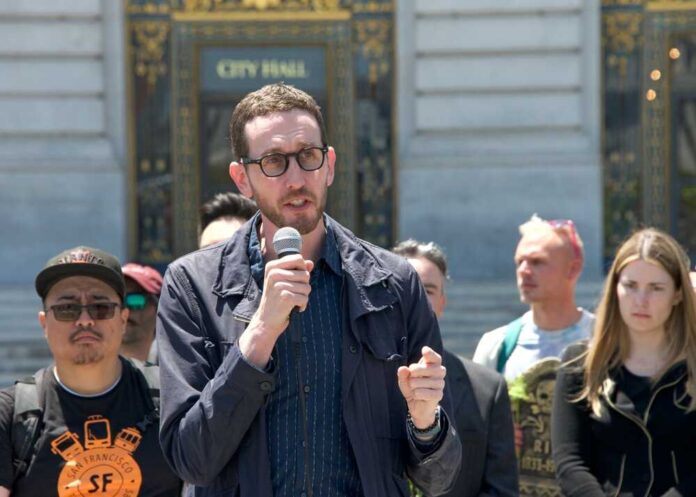
In a move raising concern among conservative citizens, California has amended a bill that could redefine parental responsibilities. Under the new guidelines set by Assembly Bill 957 (AB 957), the refusal to “affirm” a child’s gender identity could be seen as detrimental to a child’s health, safety and welfare, making it equivalent to actionable mistreatment in child custody cases.
Introduced by Assembly Member Lori Wilson (D) and state Sen. Scott Wiener (D), the bill has passed the State Assembly. It is now heading towards the first Senate committee hearing next week. The bill’s revised language classifies a parent’s affirmation of a child’s gender identity as a vital component of the child’s welfare.
They want to take your children and mutilate them: California Bill Would Punish Parents Who Don't 'Affirm' Their Child's Gender Identity https://t.co/SKOLklyXDf
— Tom Fitton (@TomFitton) June 9, 2023
AB 957, however, does not provide specifics about its requirements. It fails to define “affirmation,” leaving it open to interpretation by activist California judges. This broad scope of the bill could also extend to cases involving children of all ages, with no distinction between cases involving social transition or medical treatments.
Erin Friday, a San Francisco attorney, warned against the consequences of this legislation, stating, “When you say that gender affirmation is in the child’s best interest for health, safety, and welfare, it takes nothing to say non-affirmation” is the mistreatment of children “because you’re not taking care of the health, safety, and welfare if you’re not affirming them.”
Contrarily, Wilson’s spokesperson, Taylor Woolfork, attempted to mitigate concerns, stating, “It’s not saying affirmation is the most important factor or determining factor. It’s one of many factors that the judge should consider while working out a custody agreement.”
However, critics argue that the revised bill could potentially escalate to actionable claims, even when parents might resist mainstream gender ideology. Nicole Peterson, founder of the law firm and civil rights advocacy group Facts Law Truth Justice, said, “This is a horrifying bill for children, and for parents and guardians not just in California, but across the country.”
As the bill sails through the legislature, there’s a sense of trepidation among conservatives about its future implications. While the bill remains confined to family law, many worry it’s just a tiny step away from redefining non-affirmation as a form of child mistreatment under criminal law.
Indeed, this isn’t an isolated move in California’s legislative trend. Wiener has also advanced another bill requiring foster parents to “affirm” the gender identities of their foster children. Last year, he introduced a law making California a haven for minors seeking gender “affirmation” treatments without parental consent, which was a first-of-its-kind law in the nation.
As the state moves forward with these controversial pieces of legislation, critics argue that parental rights are increasingly being infringed upon. While the intent behind such laws may be to protect children, they also raise vital questions about parental authority and the freedom to resist prevalent ideologies.
It remains to be seen how AB 957 will fare in its upcoming Senate committee hearing on June 13. However, the bill’s journey so far has highlighted an escalating tug-of-war between personal beliefs and state-legislated mandates, a conflict that’s set to shape the future of parental rights in California and potentially across the nation.

















